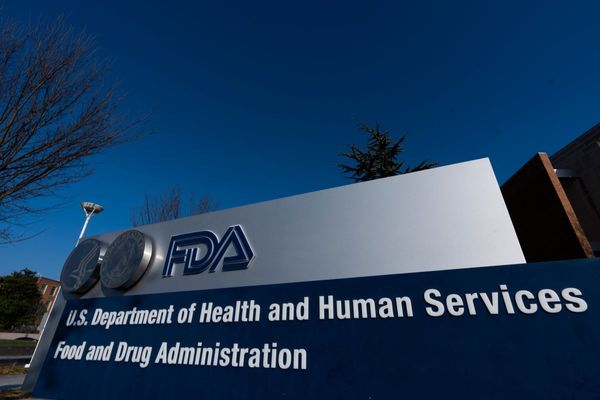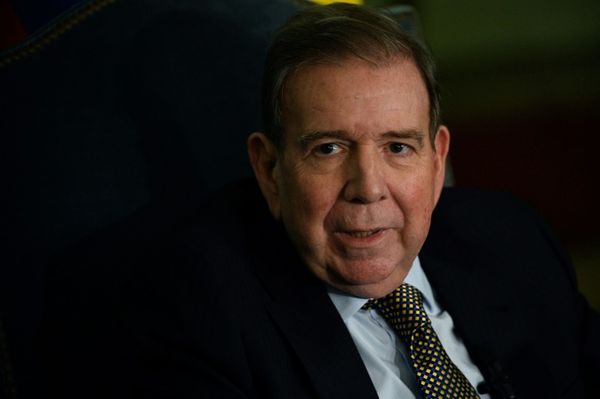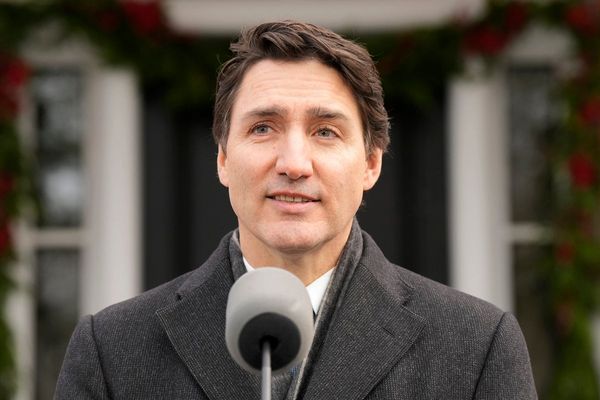
The heritage routes of Indian Railways, which primarily run on diesel include Darjeeling Himalayan Railway, Nilgiri Mountain Railway, Kalka Shimla Railway, Matheran Hill Railway, Kangra Valley, Bilmora Waghai and Marwar-Devgarh Madriya. All of these routes are narrow gauge.
"We will roll out the hydrogen trains on the heritage routes from December 2023. This will mean that these heritage routes will go completely green," said Union Minister for Railways Ashwini Vaishnaw.
The plan came after the minister announced last month, that the Indian Railways will roll out its first domestically designed and built hydrogen-powered train by December 2023. "We are designing and the design should be out anywhere by May or June," Ashwini Vaishnaw told reporters during a visit to the southern city of Bengaluru.
The newly-built hydrogen-powered trains will be called Vande Metro and will be manufactured in large numbers to replace the current set of trains that were manufactured in the 1950s and 1960s.
The majority of the trains in India now are powered by diesel or electricity. The hydrogen-powered train will play a crucial role in reducing carbon emissions and achieving climate goals. Across the world, multiple stakeholders are showing interest in hydrogen-powered technology which can be developed into a sustainable transport alternative.
Germany began operating hydrogen-powered trains in July of this year, making it the first nation in the world to do so. The manufacturing company describes the train as "a true alternative to diesel power," and the estimated overall cost of the train is $86 million. The train can run 1000 km at a speed of 140kmph in one go and was being tested in Germany since 2018.
China has also recently launched, Asia's first hydrogen-powered train with a range of 600 km on a single tank. According to the reports, the top speed of the hydrogen-powered train is 160 kmph.
(With inputs from PTI)







